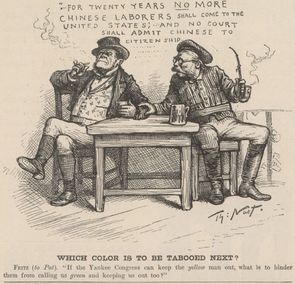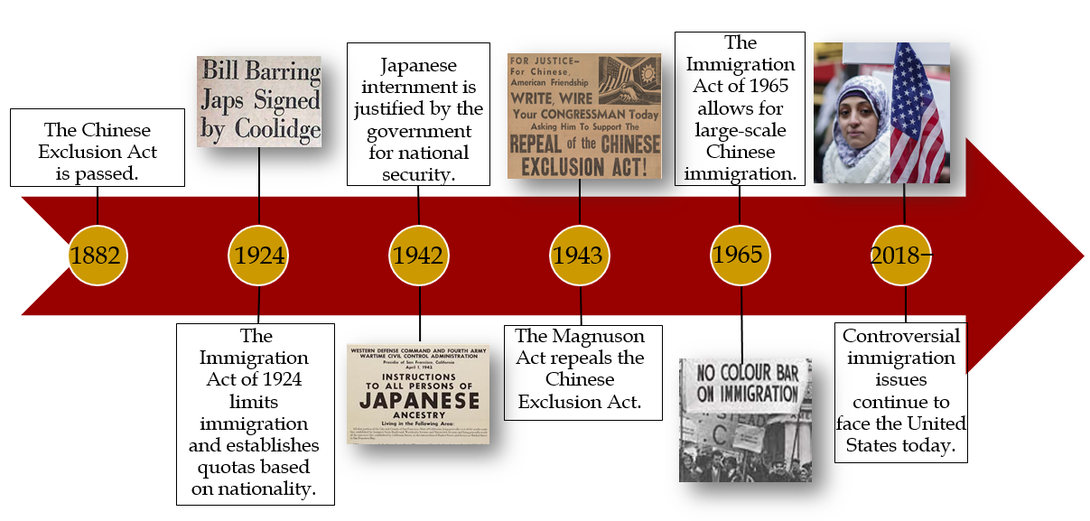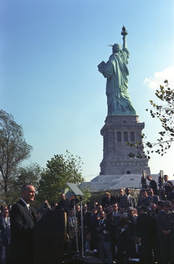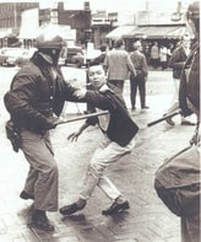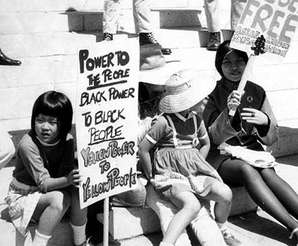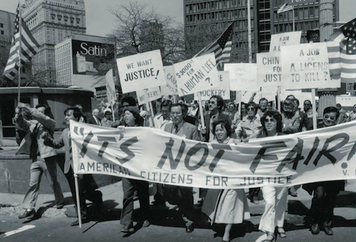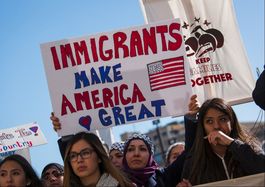The Chinese Exclusion Act was the first law in U.S. history that excluded a group of people from immigration on no basis other than race. It set a precedent for anti-immigration laws and using national interests to justify racism.
|
The Chinese Exclusion Act fostered hostility toward foreigners that would endure for generations. It was repealed by the Magnuson Act in 1943, which allowed 105 Chinese immigrants per year.
"This act lasted for sixty long years... It was not until World War II that this law was repealed, but it was only because the United States needed to maintain a critical military alliance with China. U.S. enemies were pointing to the Chinese Exclusion Act as proof that the U.S. was anti-Chinese, and the U.S. had to erase that perception."
-Representative Judy Chu (C-SPAN) |
Despite this aspect of the Chinese Exclusion Act's legacy, its history has encouraged social progress to change America for the better.
|
The Immigration Act of 1965 allowed large-scale Chinese immigration again.
"Although the Act has been in effect only two months, it has already reunited hundreds of families... Some 104,430 resident aliens were naturalized as American citizens during the year."
-Nicholas Katzenbach, 1966 ("Attorney General's Report to the White House") The Chinese Exclusion Act forged an identity for the Chinese and ultimately provided them with the impetus to campaign against injustice. Many joined the Civil Rights movement.
|
In 2012, Congress formally apologized for the Chinese Exclusion Act, indicating national progress.
|
"...Whereas Chinese-Americans continue to play a significant role in the success of the United States; and...Whereas the United States was founded on the principle that all persons are created equal: Now, therefore, be it... that the House of Representatives regrets the passage of legislation that adversely affected people of Chinese origin in the United States because of their ethnicity."
-H.Res. 683 |
(C-SPAN)
|
|
Despite these major steps forward, America still faces controversial issues regarding immigration that impose conflict and highly debated compromise. Many remember the Chinese Exclusion Act as a dark chapter of the nation's history when conflict spiraled into unjust compromises.
It serves as a story to learn from as America continues to grow and change. |
